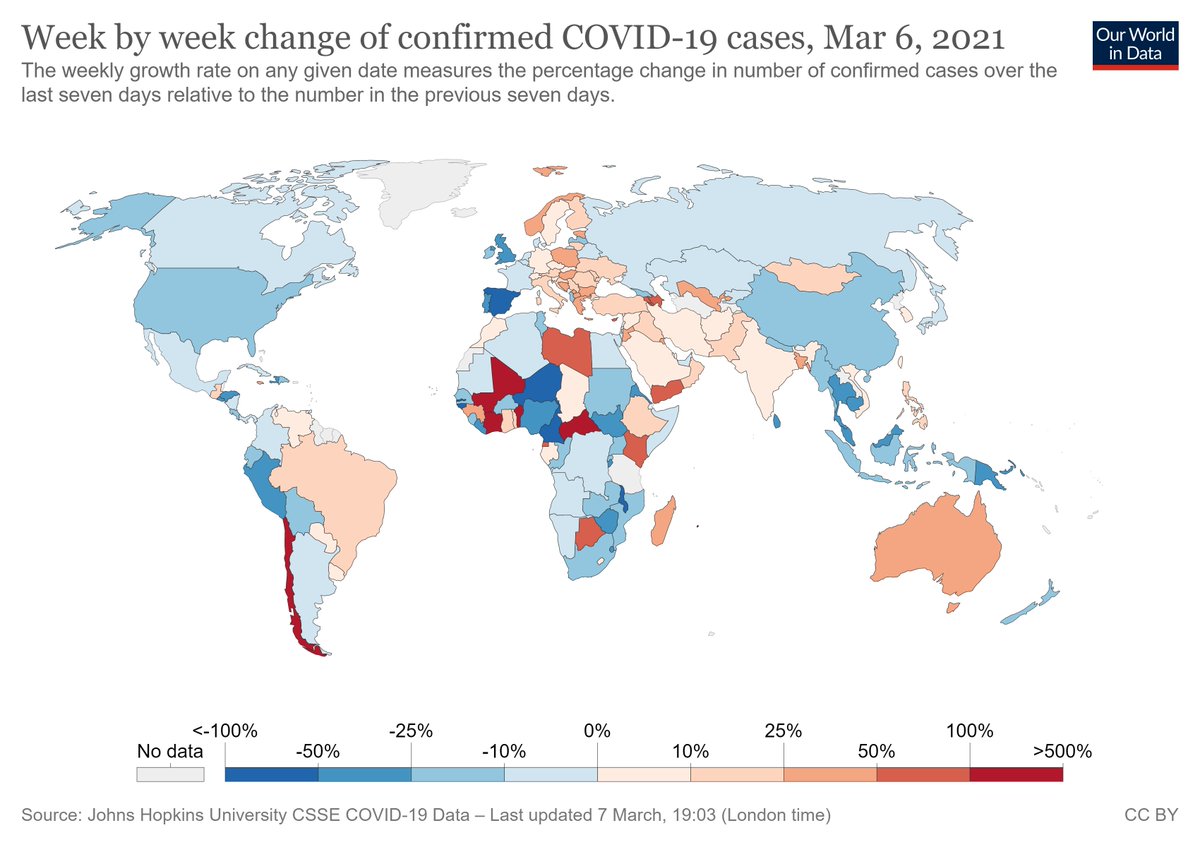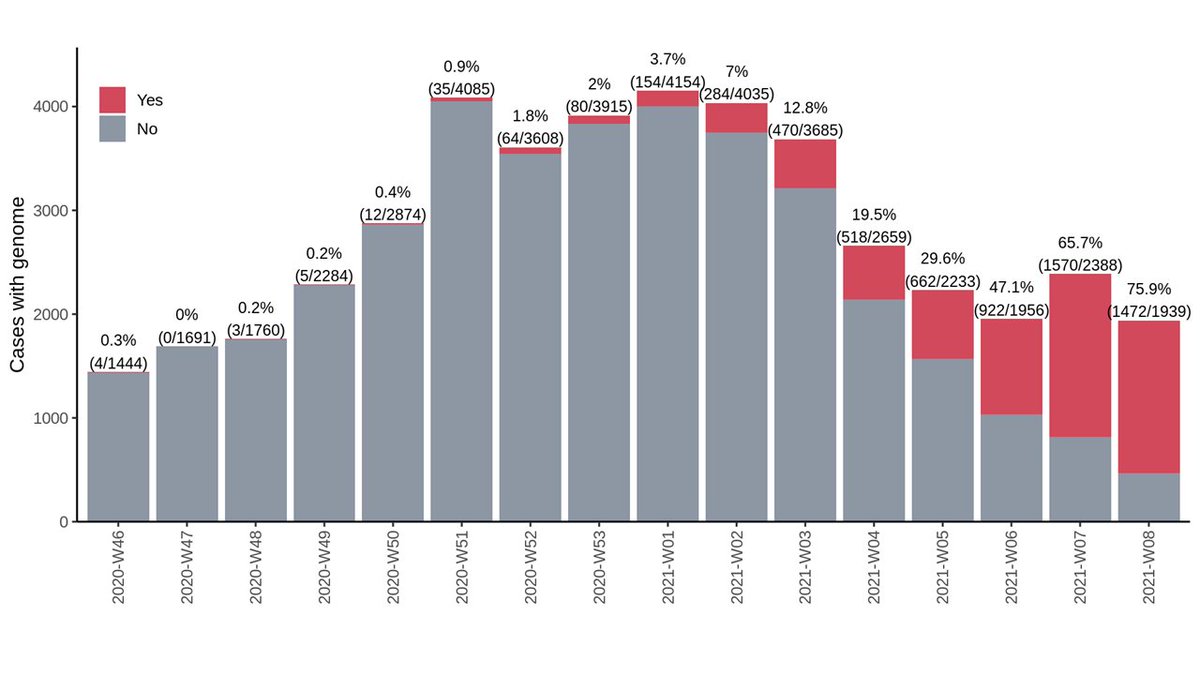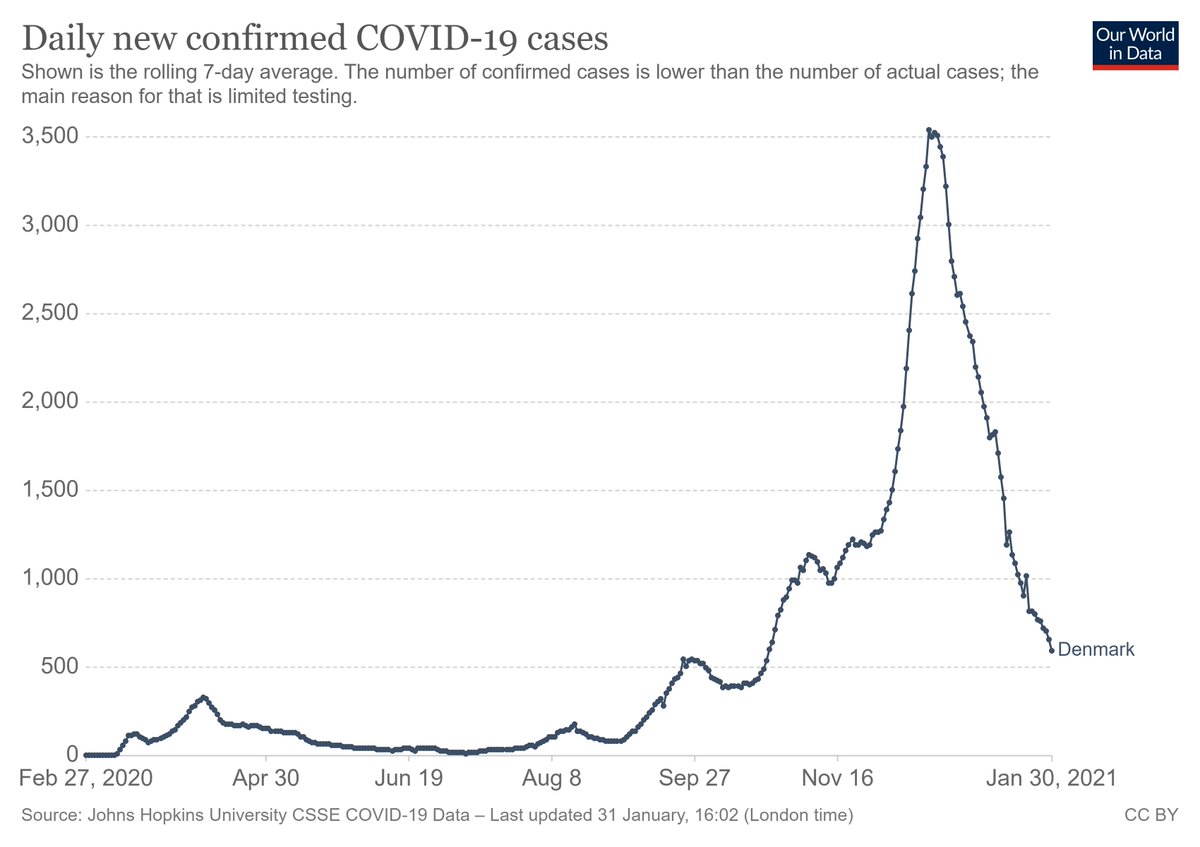
A reflection thread for junior scientists - but also myself.
It's worth thinking, "when other people talk about me, what do they say?"
Those conversations - which can be key to getting a grant, job, etc. - are less about how smart you are, more what it's like to work with you.
It's worth thinking, "when other people talk about me, what do they say?"
Those conversations - which can be key to getting a grant, job, etc. - are less about how smart you are, more what it's like to work with you.
Six qualities you can foster to bolster your reputation, in rough order of importance:
- Conscientiousness
- Reliable communication
- Supportiveness (toward peers/teammates)
- Graciousness (especially w authorship)
- Intellectual engagement
- Work ethic
People notice these.
- Conscientiousness
- Reliable communication
- Supportiveness (toward peers/teammates)
- Graciousness (especially w authorship)
- Intellectual engagement
- Work ethic
People notice these.
1. Conscientiousness
My dad's mantra: "If something is worth doing, it's worth doing well. If it's not worth doing well, it's not worth doing."
Some people approach their work as a job, others b/c they care about doing good work. The difference is critical - and easy to spot.
My dad's mantra: "If something is worth doing, it's worth doing well. If it's not worth doing well, it's not worth doing."
Some people approach their work as a job, others b/c they care about doing good work. The difference is critical - and easy to spot.
2. Reliable communication
Some of the hardest people to work with are those who "fall off the grid" without any explanation.
It's good to protect time for family, etc - but tell people when you're doing this. Otherwise people worry about you, and learn not to trust you.
Some of the hardest people to work with are those who "fall off the grid" without any explanation.
It's good to protect time for family, etc - but tell people when you're doing this. Otherwise people worry about you, and learn not to trust you.
3. Supportiveness
When I think about whether I want to work with someone, the first people I ask are their peers.
If you support your peers - by helping out when asked, contributing to the team (and without asking for anything in return) - it will be the first thing mentioned.
When I think about whether I want to work with someone, the first people I ask are their peers.
If you support your peers - by helping out when asked, contributing to the team (and without asking for anything in return) - it will be the first thing mentioned.
4. Graciousness
People who self-promote (esp. at the expense of others) are memorable - not in a good way.
Just as you should seek to work w people who will be gracious in offering you authorship, etc., without you having to ask them - you should also be such a person yourself.
People who self-promote (esp. at the expense of others) are memorable - not in a good way.
Just as you should seek to work w people who will be gracious in offering you authorship, etc., without you having to ask them - you should also be such a person yourself.
5. Intellectual engagement
The people I love working with the most are those who will spend an hour discussing a scientific conundrum - just because it is interesting, not as a pathway to personal recognition.
Natural curiosity is the hallmark of a great scientist.
The people I love working with the most are those who will spend an hour discussing a scientific conundrum - just because it is interesting, not as a pathway to personal recognition.
Natural curiosity is the hallmark of a great scientist.
6. Work ethic
Another of my dad's mantras: "Do more than your share."
This is not about staying up until 2am every night, but rather about recognizing that everyone is working hard, making sure you do your part w/o cutting corners in a way that will leave extra work to others.
Another of my dad's mantras: "Do more than your share."
This is not about staying up until 2am every night, but rather about recognizing that everyone is working hard, making sure you do your part w/o cutting corners in a way that will leave extra work to others.
To summarize, good scientists want to work with good people. When people talk about you/us, this is the topic of conversation.
If you can demonstrate the 6 qualities above in your own work, people will go out of their way to work with you. And we all need each other to succeed.
If you can demonstrate the 6 qualities above in your own work, people will go out of their way to work with you. And we all need each other to succeed.
• • •
Missing some Tweet in this thread? You can try to
force a refresh















